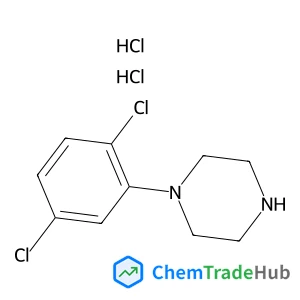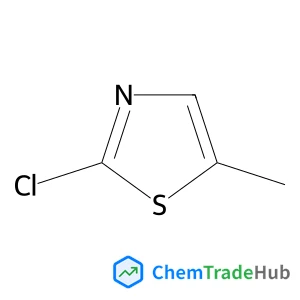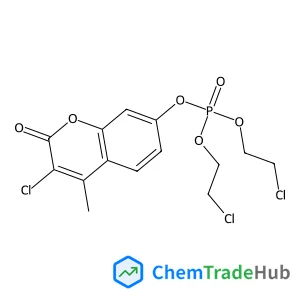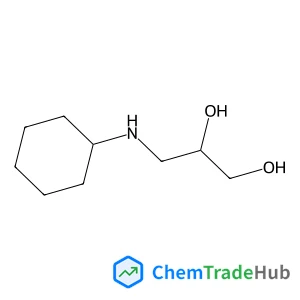Dess–Martin periodinane oxidative rearrangement for preparation of α-keto thioesters
文献情報
Randy Sanichar, Ciaran Carroll, Ryan Kimmis, Bela Reiz, John C. Vederas
A Dess–Martin Periodinane (DMP) mediated oxidative rearrangement reaction was uncovered. The reaction proceeds via oxidation of a β-hydroxy thioester to a β-keto thioester, followed by an α-hydroxylation and then further oxidation to form a vicinal thioester tricarbonyl. This product then rearranges, extruding CO2, to form an α-keto product. The mechanism of the rearrangement was elucidated using 13C labelling and analysis of the intermediates as well as the products of the reaction. This efficient process allows for easy preparation of α-keto thioesters which are potential intermediates in the synthesis of pharmaceutically important heterocyclic scaffolds such as quinoxalinones.
関連文献
IF 6.367
Three-terminal III–V/Si tandem solar cells enabled by a transparent conductive adhesiveIF 6.367
Surface structure-dependent electrocatalytic reduction of CO2 to C1 products on SnO2 catalystsIF 6.367
Palladium-catalyzed silaborative carbocyclizations of 1,6-diynesIF 6.222
Small size yet big action: a simple sulfate anion templated a discrete 78-nuclearity silver sulfur nanocluster with a multishell structureIF 6.222
Solventless thermal crosslinked polymer protective layer for high stable lithium metal batteriesIF 6.367
Boronic acid liposomes for cellular delivery and content release driven by carbohydrate binding‡IF 6.222
Carbon and carbon composites obtained using deep eutectic solvents and aqueous dilutions thereofIF 6.222
Vapor-fed photoelectrolysis of water at 0.3 V using gas-diffusion photoanodes of SrTiO3 layersIF 6.367
Electrospun hydrogels for dynamic culture systems: advantages, progress, and opportunitiesIF 6.843
掲載誌
Organic & Biomolecular Chemistry
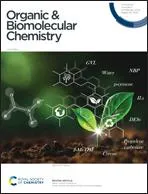
Organic & Biomolecular Chemistry (OBC) publishes original and high impact research and reviews in organic chemistry. We welcome research that shows new or significantly improved protocols or methodologies in total synthesis, synthetic methodology or physical and theoretical organic chemistry as well as research that shows a significant advance in the organic chemistry or molecular design aspects of chemical biology, catalysis, supramolecular and macromolecular chemistry, theoretical chemistry, mechanism-oriented physical organic chemistry, medicinal chemistry or natural products. Articles published in the journal should report new work which makes a highly-significant impact in the field. Routine and incremental work is generally not suitable for publication in the journal. More details about key areas of our scope are below. In all cases authors should include in their article clear rationale for why their research has been carried out.
おすすめサプライヤー
 カベルシュレップ GmbH
カベルシュレップ GmbH Infrarealホールディングス株式会社
Infrarealホールディングス株式会社 郑州康畛生物科技有限公司
郑州康畛生物科技有限公司 プレムニッツ工業団地
プレムニッツ工業団地 Sohena GmbH
Sohena GmbH W.Kolb AG博士
W.Kolb AG博士 LECO Instrumente GmbH
LECO Instrumente GmbH Systec GmbH&Co.KG
Systec GmbH&Co.KG NMI チュービンゲン大学自然科学医学研究所
NMI チュービンゲン大学自然科学医学研究所 シラナノテクノロジー株式会社。
シラナノテクノロジー株式会社。










